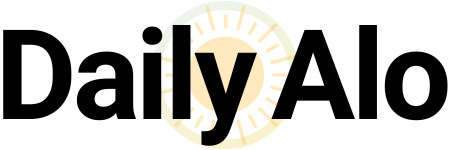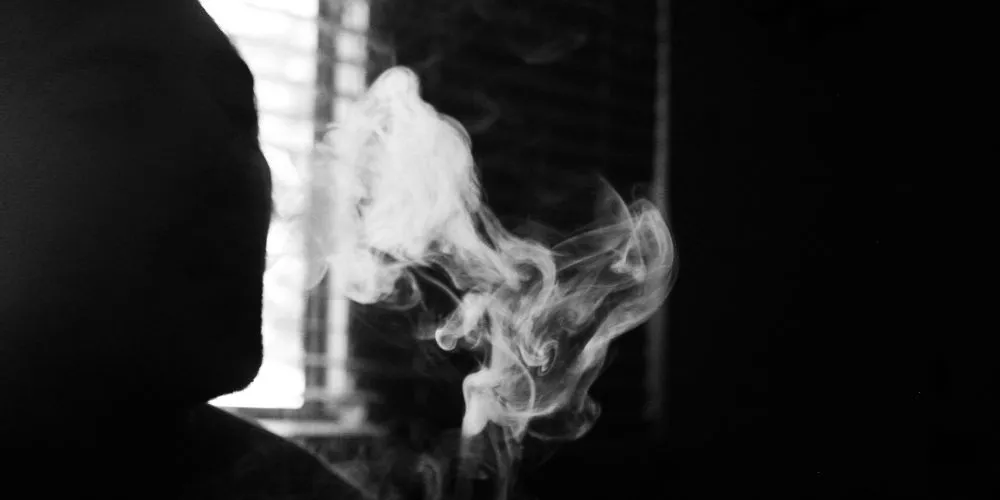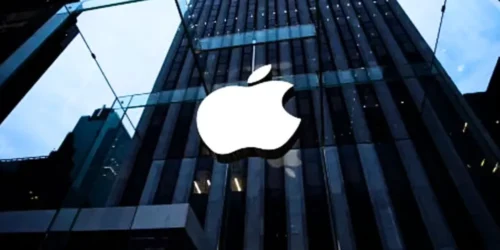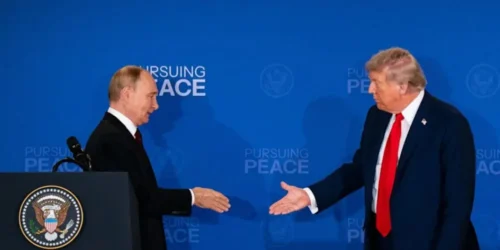We talk about drug addiction in hushed tones in the context of dark alleys and desperate crimes. We frame it as a moral failing, a weakness of character, a destructive choice made by people on the fringes of society.
This narrative is straightforward, damning, and allows us to place the blame squarely on the individual. It is also profoundly wrong and deeply cruel. We are not facing a crisis of morality; we are facing a public health emergency that we refuse to treat as one.
Addiction is not a choice, any more than diabetes or heart disease is a choice. It is a chronic, relapsing brain disorder that hijacks the very wiring of human motivation and reward. It rewrites a person’s priorities, making the substance more important than family, work, or even survival itself.
To look at someone in the grips of this powerful disease and see only a lack of willpower is a failure of our empathy and understanding. We would never shame a cancer patient for their illness, yet we heap scorn upon those suffering from the disease of addiction.
This judgment has devastating real-world consequences. Instead of offering a helping hand, our society too often offers handcuffs. We have chosen to criminalize a health issue, filling our prisons with people who need doctors, not guards.
This approach does nothing to address the root causes—the pain, trauma, or mental health struggles that often light the fuse for addiction. It only deepens the shame, driving people further into the shadows and making it nearly impossible for them to seek the help they desperately need to reclaim their lives.
The path forward is not one of condemnation, but rather one of compassion. It requires a radical shift in our perspective, viewing addiction through the lens of healthcare rather than criminal justice. It means building robust support systems, ensuring access to evidence-based treatment, and fighting the stigma that keeps families silent and individuals isolated. We must recognize the human being behind the disease. It is time we stopped punishing the sick and finally started helping them heal.













